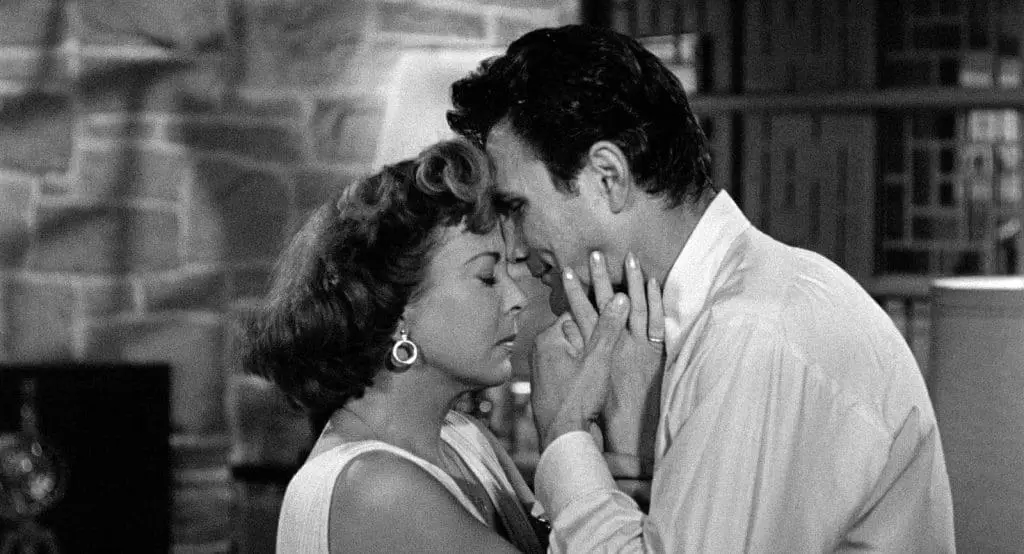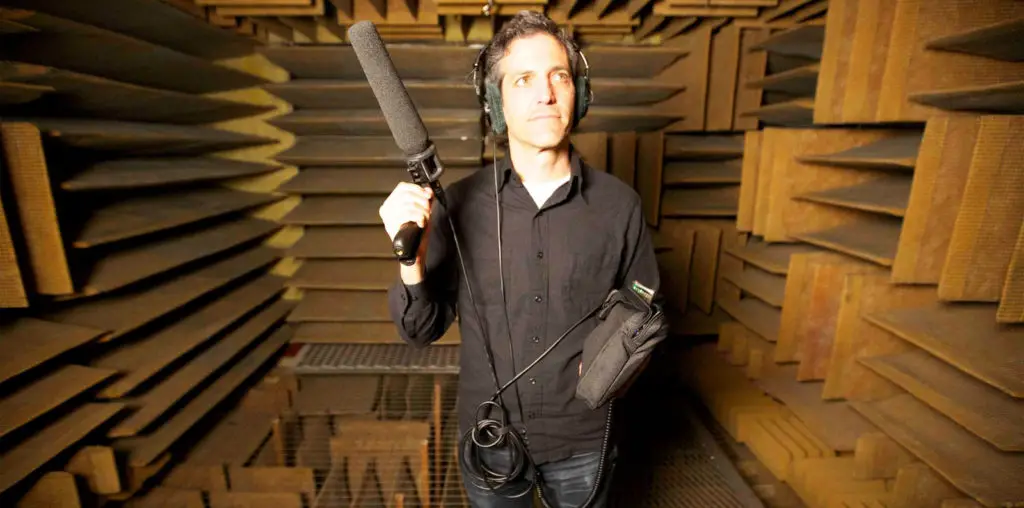
When the subject is a Russian horse, most people can only recall Catherine the Great’s final sex partner. Yet within Russia, the folk tale of the Humped Back Horse (written by Pyoter Yershov in 1834) is something of a favorite. It is a weird story about a magical (if funny-looking) equine who helps a peasant boy find fortune, a sexy gal and power.
It is not a surprise that the first animated feature made in Russia would be based on this old favorite. What is surprising, however, is what became of this film. Throughout the run of The Bootleg Files series, I’ve never witnessed a movie undergo so many odd and ridiculous transformations.
The film in question, at least outside of Russia, is best known as “The Magic Horse.” It was the creation of Ivan Ivanov-Vano (1900-1987), who was known as Russia’s answer to Walt Disney. Except that Ivanov-Vano lacked Disney’s artistic imagination and never approached the level of worldwide commercial success as old Uncle Walt. Animation was a staple of Russian cinema while the Tsar was still around, but after the Bolshevik Revolution the idea of using cinema to entertain was initially discredited. By the late 1930s, Stalin allowed the state-run motion picture industry to create animated diversions. The success of Disney’s “Snow White and the Seven Dwarfs” clearly stirred envy in the Kremlin. If an American could make a full-color animated feature, then the best artists of the Soviet Union could easily top that effort.
Enter “The Magic Horse.” The story itself is fairly simple: Ivan is a young boy who lives with older, loutish brothers on a farm somewhere in the middle of Russia during the Middle Ages. The older brothers love to drink and hate to work, so Ivan bears the brunt of the labor while his big brothers enjoy vodka. When there is a curious disturbance in the fields one night, little Ivan is the one who has to go out to investigate.
Lo and behold, the disturbance is created by a magical flying horse. Ivan somehow captures the horse, who not only can fly but also talks. And the horse talks a great deal: for her release, she will give Ivan his own magical equines. The deal is made and Ivan gets a stable full of big, solid horses plus a strange little horse who looks like a donkey and has two humps on its back.
The inebriate brothers, surprised to suddenly find themselves living ona farm with magic horses, sells them to the Tsar. Ivan, who is not pleased with this underhanded transaction, goes with his magic humped back horse to the Tsar’s court. His arrival is serendipitous, since no one in the royal stables can manage the new arrivals. Ivan becomes the star of the court, upsetting the royal chancellor. This character spreads tales to the Tsar that Ivan is making crazy boasts about being able to do wonderful things, and that is not a lie since Ivan has a tendency towards self-important statements. The Tsar makes Ivan keep his words, but fortunately the magical humped back horse is on hand to help Ivan do such wonders as capture rare birds and bring back an enchanted maiden. The Tsar wants to marry the maiden, but she finds him too old. Ivan is a little too young for her, but after he is put through an ultra-weird challenge (jumping into boiling and freezing water pots) he emerges as a full-grown he-man whom the maiden goes ga-ga over. The Tsar tries to follow Ivan’s success but winds up getting killed, so Ivan gets the crown and the maiden.
Ivanov-Vano completed “The Magic Horse” in 1941, which was a bit of bad timing since there were more pressing things going on in Russia that year for anyone to pay much attention to his film. It wasn’t until after World War II that the film began to find legs and go out into the world. But this is where the problems really began.
“The Magic Horse” arrived in America in 1949 under that title. Apparently Artkino Releasing, the film’s American distributor, felt American audiences would not be receptive to a film called “The Humped Back Horse.” Rather than offer the movie in its Russian-language version with English subtitles, the distributor arranged for an American dubbed version. It is difficult to determine which script was being recorded, because throughout the film the new English dialogue does not line up with the Russian animation. And when there is synchronicity, the voices are often too shrill and (for lack of a better word) cartoonish to be enjoyable. The English dubbing also fails to explain why the magical horse has two humps on its back.
Of course, most Americans in 1949 were not eager to support a Soviet movie (or a Soviet anything, for that matter), so the Russian roots of “The Magic Horse” was obscured as much as possible. Ivanov-Vano’s name wasn’t even included on the credits. But watching the film, with its Russian peasant costumes, Russian architecture, and Russian folk art-style animation, its origins were more than a little obvious.
The original commercial release of “The Magic Horse” was not successful. But over the years, the film kept sneaking back into release (both in theaters and on TV) under a variety of titles. It has also been called “The Magic Pony,” “Ivan and His Magic Pony,” “The Little Hunchbacked Horse” and (for no clear reason except to maybe cash in on a more beloved fantasy film) “Over the Rainbow.”
In 1977, a new soundtrack was recorded for the film using the talents of Johnny Whitaker (fresh from his “Sigmund and the Sea Monsters” triumph) as Ivan and Erin Moran (Joanie from “Happy Days”) as “Zip the Pony.” It is a pity that Moran’s “Happy Days” co-star Roz Kelly (Pinky Tuscadero) didn’t get that job, as it would’ve been a blast to hear her Noo Yawk accent coming from the horse’s mouth. (“Yo, Ivan, youse wanna ride me?”) If this wasn’t confusing enough, yet another English dubbed version was recorded in 1998 for a syndicated TV series called “Stories of My Childhood.”
It is difficult to offer a comprehensive review of “The Magic Horse” because the original Russian-language version has never been available for viewing in the United States. Even worse, the bootlegs of the 1949 dubbed version are badly faded, so whatever vibrant hues were used by Ivanov-Vano are absent in these well-worn versions.
A company called Jove Films has the U.S. rights to this film, but has not brought the Russian original to America (it is offering the 1977 version as “The Magic Pony” instead). However, bootlegs of the 1949 dubbed version (which are supposed to be off the market in favor of the 1977 version) are still widely available from a variety of sources. I saw a DVD in a discount bin at a Connecticut retail store the other week and found more for sale from various online sources.
Recommending the film is a problem: one can get an idea of what Ivanov-Vano was up to, at least visually. But the full impact of his groundbreaking production is lost in the English translations. Animation completists might want to seek out the bootlegs; those with iron patience may wish to wait out the day the Russian version shows up, fully restored and clearly subtitled.
As a post-script: I’d like to thank Stefan Birgir Stefansson for providing help in the research for this piece. Stefan, a fine cinema writer who is one of Iceland’s leading young talents, provided a translation of a Norwegian online source about “The Magic Horse.” Yes, no stone or web site is left unturned when it comes to hunting out bootleg videos!
____________________________________________________________
IMPORTANT NOTICE: The unauthorized duplication and distribution of copyright-protected material is not widely appreciated by the entertainment industry, and on occasion law enforcement personnel help boost their arrest quotas by collaring cheery cinephiles engaged in such activities. So if you are going to copy and sell bootleg videos, a word to the wise: don’t get caught. The purchase and ownership of bootleg videos, however, is perfectly legal and we think that’s just peachy! This column was brought to you by Phil Hall, a contributing editor at Film Threat and the man who knows where to get the good stuff…on video, that is.
Discuss The Bootleg Files in Back Talk>>>


The 1977 MAGIC PONY was dubbed from a 1975 Soviet remake of HUMPBACKED HORSE, not the 1941/47 original. The ’75 remake has the same character designs, but is overall a different movie.(The rationale had been that the negative of the original had worn out).